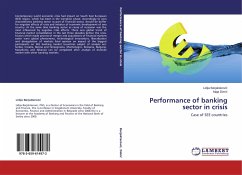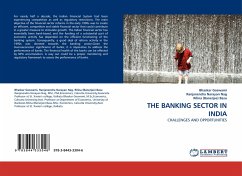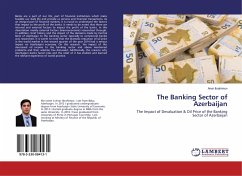Contemporary world economic crisis had impact on South East European (SEE) region, which has been in the transition phase. Accordingly to own characteristics banking sector as part of financial sector, should be buffer for negative effects of crisis and initiator of economic development of one country. At the same time banking sector as cause of recession was the most influenced by negative crisis effects. There was global trend of financial market consolidation in the last three decades before the crisis. Factors which made process of merger and acquisitions of financial markets easier were global phenomena, technological innovations, liberalization and deregulation of markets. Final opinion on impact of the biggest participants on SEE banking market (countries subject of analysis are: Serbia, Croatia, Bosnia and Herzegovina, Montenegro, Romania, Bulgaria, Macedonia and Albania) can be completed after analysis of domicile market with other banking markets.
Bitte wählen Sie Ihr Anliegen aus.
Rechnungen
Retourenschein anfordern
Bestellstatus
Storno








